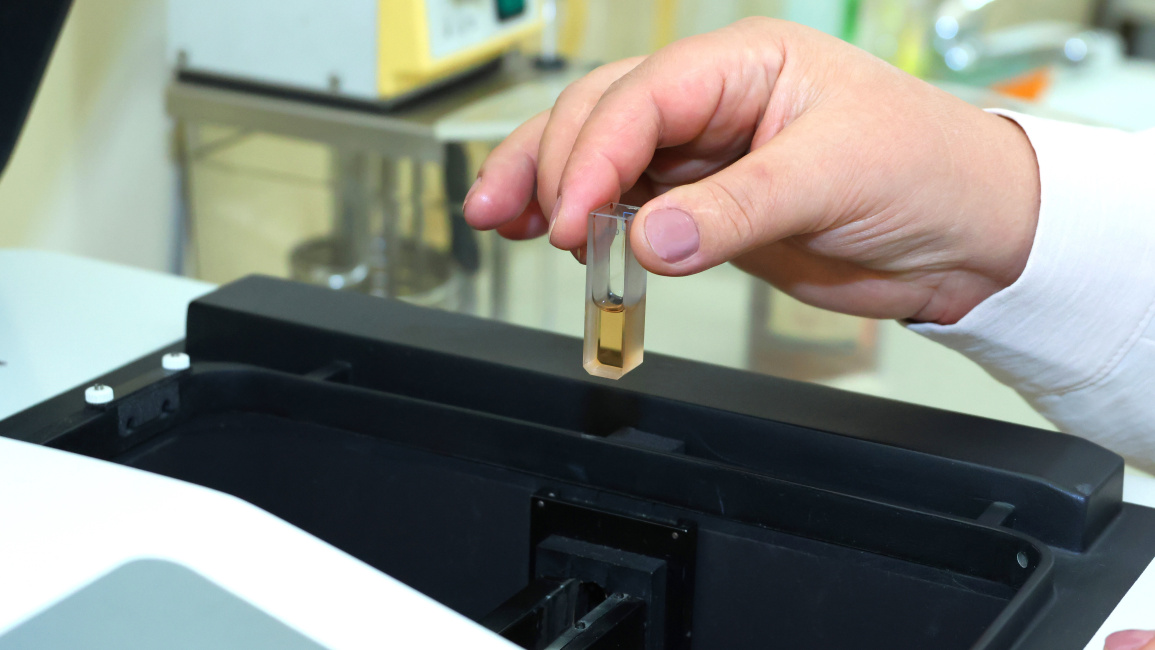January 22, 2024 | 15:53
Science
Education
Research
YSU Physical Chemistry Laboratory to receive new equipment
The Physical Chemistry Research Laboratory of the YSU Research Center for Chemistry will receive new equipment that will provide the opportunity to upgrade the physicochemical studies of liquid solutions, publish the results in high-ranking international periodicals and present them at international conferences.

Within the framework of the competition "Providing financial support for the modernization of the material-technical base of scientific departments" announced by the Higher Education and Science Committee of the RA MoESCS, state-of-the-art automatic rolling-ball viscometer (Lovis 2000 M), uninterruptible power supplies and variable volume mechanical micropipette with excellent accuracy will be received. The devices will make it possible to ensure the uninterrupted operation of the laboratory, carry out research applying the viscometric method and record the most accurate scientific results.

Emphasizing the importance of the re-equipping the laboratory, Hasmik Sargsyan, Associate Professor of the Chair of Physical and Colloid Chemistry, YSU Faculty of Chemistry, Candidate of Chemical Sciences, senior researcher, noted that the acquisition of a viscometer absolute necessity for the laboratory.
"Until now, we have worked with older viscometers (Ostwald and Ubbelohde capillary viscometers), which, in contrast with the new device, are quite labor-intensive, do not meet current requirements and are inferior in their sensitivity and measurement accuracy," Hasmik Sargsyan noted.
The new Austrian viscometer with its complete set will enable to measure relative, characteristic, kinematic and dynamic viscosities of solutions, as well as molecular mass of polymers. Measurements may be conducted over a wide range of temperature (from 5°C to 100°C) and viscosity (from 0.3 to 10,000 mPa•s). A small amount of the studied sample (0.1-0.8ml) is required. It occupies a small space, and measurements are made very quickly. The first results are obtained after only 30 seconds of measurement. The device shows high stability against aggressive samples.
The Associate Professor emphasized. "The device not only provides the opportunity to study biological, biomedical, chemical systems, but also promotes the improvement of educational processes by being used, for instance, in master's courses, works conducted for master's theses and doctoral dissertations, etc. "
Hasmik Sargsyan emphasized that the new viscometer will provide an opportunity to develop the studies conducted by the chair applying the viscometric method and to implement new scientific projects, increasing the number of scientific publications and participation frequency in international conferences.

